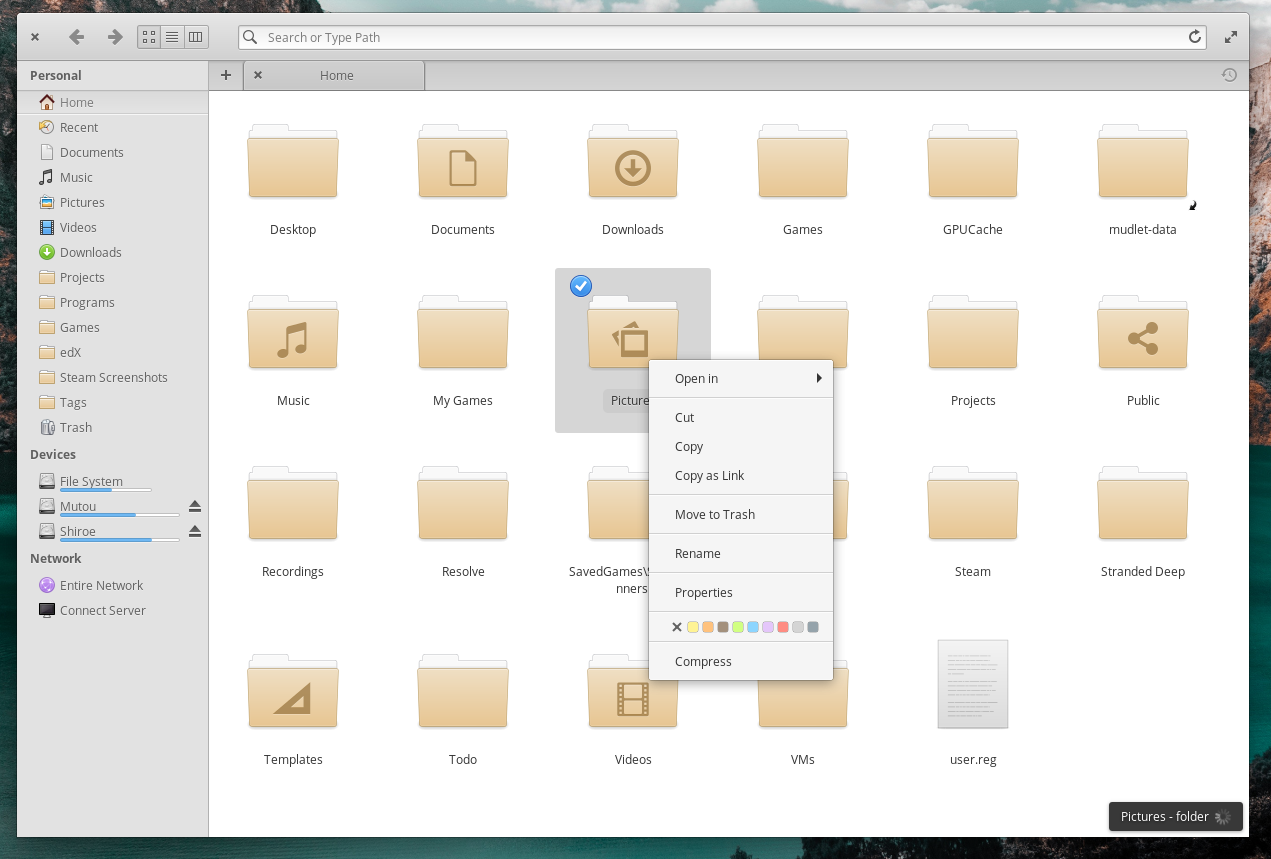Why I Use Linux
In a previous blog post, Why I Use elementary OS, I went over the various aspects of elementary OS that I like, and why it has become my favorite operating system to use. However, I haven’t talked about why I use Linux. Or, more accurately, Linux-based operating systems. I’ll be going over only desktop operating systems here, not mobile.
Let’s start with why I don’t use other platforms. Take macOS, for instance: Not only is the whole Apple ecosystem a walled garden, their products are also fairly expensive. A Mac tends to be much more expensive than non-Apple computers with similar specs. Honestly, though, if for some reason I had to choose between macOS and Windows, despite being much more familiar with the latter, I’d go with the former. Windows is just awful.
There are a lot of reasons to dislike Windows, such as:
- It boots up slowly, it shuts down slowly, it updates slowly, it runs slowly*
- While technically possible to delay updates, whether your computer updates or not is ultimately up to Windows itself
- Installing software is a pain, and you have to update programs individually
- In a way, they’re trying to resolve the previous point with the Windows Store, but then Windows will likely become its own walled garden, much like macOS
- Pre-installed software that you may not even want to use, but can’t uninstall
- It collects user data, and Microsoft has zero respect for its users’ privacy
- It frequently nags about OneDrive, whether you want to use it or not
- Troubleshooting problems is just a pain
*while this issue is mitigated on more modern hardware, it is much more noticeable on older machines
…but one of the biggest things for me is the desktop itself. Even despite the problems mentioned above, quite frankly, I just don’t like having to use the Windows desktop. I’ve come to really appreciate more minimal desktop environments like GNOME and Pantheon, and Windows desktop just feels overly complicated in a number of areas. For example, let’s compare the Windows file explorer to elementary Files.

Windows’ file explorer has a lot of buttons for actions you can take, and the above picture only shows one tab. I don’t mean to say that having more options is inherently a bad thing, but that just looks like a mess to me.

elementary Files, on the other hand, is much cleaner. Your view options are covered in the header bar, with the option of an icon grid, a list view, or column view; you can open tabs just below that, with the + (tabs being a feature that Windows’ file explorer lacks entirely); actions for files and folders themselves are handled contextually in the right-click menu. All in all, a much cleaner design that remains very functional and aesthetically-pleasing.
Again, I don’t think that having more options is inherently bad, but presentation is important. In this case, less is more.
Oh, and one more thing I about the Windows file explorer: if it freezes up and you have to kill the process, it takes the rest of your desktop with it. That’s not the case on any Linux desktop environment I’ve used.
That’s a rough summary of why I don’t use other platforms. So, why do I use Linux? Well, a lot of it goes hand in hand with why I use elementary OS, which, again, you can read about here.
Of course, there are plenty of things that aren’t specific to elementary:
- The filesystem structure feels a lot more intuitive to me than Windows’ drive-letter approach
- Every Linux distro I’ve tried boots faster, and overall feels more responsive than Windows ever has
- While many distros do come with software pre-installed, you can uninstall whatever you like
- Software is, generally, much quicker and easier to install and update
- System updates are never forced, and are only initiated with the users’ input
- Most distros do respect their users’ privacy, and don’t do any sort of data collection
- Most distros I’ve used have been significantly more stable than Windows
- When issues do arise, troubleshooting is much easier than on Windows
- I believe that FOSS is the best way to do software, even if I do make some exceptions (such as Discord and Steam)
Finally, and the most important to me: the freedom of choice, and control over your own computer. While I love and advocate for elementary OS, it isn’t for everyone, but there are so many Linux distributions to choose from, as well as desktop environments. Do you like GTK, but hate GNOME? Cinnamon and MATE are great. Do you prefer rolling releases, but want a more curated experience? Go with Solus. Do you want a system that’s precisely tailored to your exact liking? Arch is ready for you. With all of the options in the Linux world, there really is something for everyone.